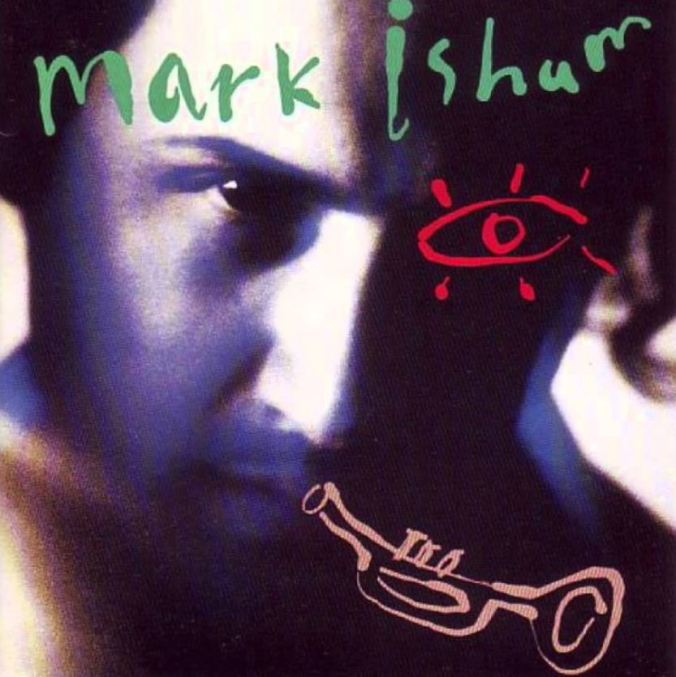
The 1991 Grammy Award for Best New Age Performance went to the man of the movies, Mark Isham!
Mark Isham’s just a guy who can’t say no. He’s recorded a number of superb ambient jazz albums. By 1991, two of these had already been nominated for New Age Grammy awards: 1988’s Castalia and 1990’s Tibet. But he’s mainly known for his soundtrack work.
Since 1983, he’s been involved in at least 137 soundtrack recordings. And looking at his CV, I have to wonder: Has he ever turned any work down?
He’s not just prolific. He’s a machine. And the sheer diversity of the projects he’s taken on suggests that he has no filter. He’s scored trashy action flicks (Point Break, Timecop); slick horror (Blade, The Crazies); kids’ films (Thumbelina, Duck Duck Go); a surprising number of animal adventures (Racing Stripes, Fly Away Home); and enough thrillers and dramas to fill the recent releases racks at your nearest Pick a Flick.
I haven’t seen many of the films he’s scored. And for those I have seen, I can’t really remember the music. Maybe seasoned Mark fans can detect “the Isham touch” in everything he does. But I wonder just how much of himself he puts into his film work.
When scoring a film, I suppose it makes sense to serve the scene, rather than yourself. And it seems that when Mark does add a personal touch to his soundtrack work, he has limited success. For example, his score for Waterworld was rejected for being “too ethnic and bleak”. All that remains from his contribution to the film is that haunting music box melody. The rest is all generic action film bombast.
While I wouldn’t use such adjectives myself to describe what I’ve heard of his solo work, I can understand how someone might listen to Tibet and describe it as “ethnic and bleak”. So perhaps there are two sides to Mr. Isham. The film stuff? That’s his day job. That’s bacon. But his solo work? That’s the real Mr. Isham. That’s where he bares his soul and dares you to look.
Today we’re looking at Mark’s 1990 album, Mark Isham. It’s so personal that Mark saw no alternative but to name it after himself. No worldly concepts or distant lands to hide behind here. It’s like he’s saying: This is me. Hear me. Judge me. Love me. And for this he won the 1991 Grammy Award for Best New Age Performance.
A worthy win? Or should Mark have stuck to the day job? Let’s find out!

